The nation of Judah had plunged into the sticky-sweet pool of idolatry by the time the prophet Isaiah was sent to speak for God. The people were trusting in gold statues and accumulated wealth, giving their ear to foreign philosophies and seeking out formula superstitions.
Isaiah brought a correction: God will judge and he will settle disputes.
“Then they will beat their swords into plowshares
and their spears into pruning hooks.
Nation will not take up sword against nation,
nor will they train for war anymore.”
Isaiah 2:4
Suddenly an unbidden refrain came to mind: “All we are asking is give peace a chance….”
John Lennon, by the time he wrote, “Give Peace a Chance,” was on his way out of the Beatles and into his eastern religion phase. His words were considered prophetic, with meat to chew on. Celebrities clung to every proclamation and the list of famous people at the unveiling of “Give Peace a Chance” was a Who’s Who of the late ‘60’s liberal camp.
We hear the same refrain today: if presidents and prime ministers and chairmen would only put down their missiles, we’d have peace. Quit fighting and peace will come. A simple formula.
Isaiah presents a different picture. He was addressing a people who were trusting philosophies and formulas. God was filing charges, through Isaiah’s words, against Judah: he had protected and provided for the people, but they had rebelled against him and sought out other measures.
We are foolish to think peace comes through determination or philosophy. Lennon was right to say that all the “isms” won’t uncover peace. There is no pat formula for peace.
God was asking Judah to keep their part of the bargain. He had promised to protect and provide, asking for their love and commitment in return. Our human nature, selfish and indulgent, provide the ultimate ripping of relationship. By banking on our own point of view, we lost the unity with God.
Only when God reconciles the great rift between himself and us will we see peace. It won’t come as a result of wishing or gritting one’s teeth or “giving peace a chance.” It comes when we stop the philosophies and seek out the Person.
If you are willing and obedient,
you will eat the best from the land;
but if you resist and rebel,
you will be devoured by the sword.
Isaiah 1:19-20





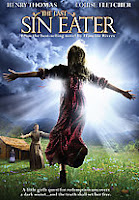


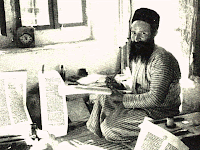



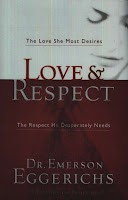
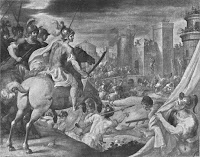




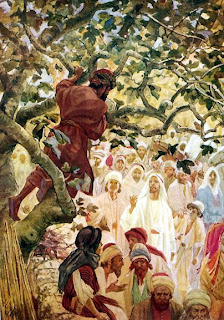

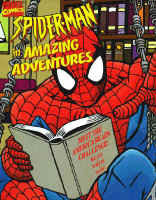
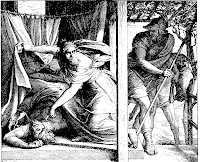



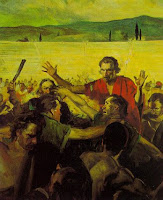














![[bzrzvec.jpg]](http://bp2.blogger.com/_8e4RZxz5M5Q/Ro6YIS3pCCI/AAAAAAAAAOo/C1k4krMFJd8/s1600/bzrzvec.jpg)




